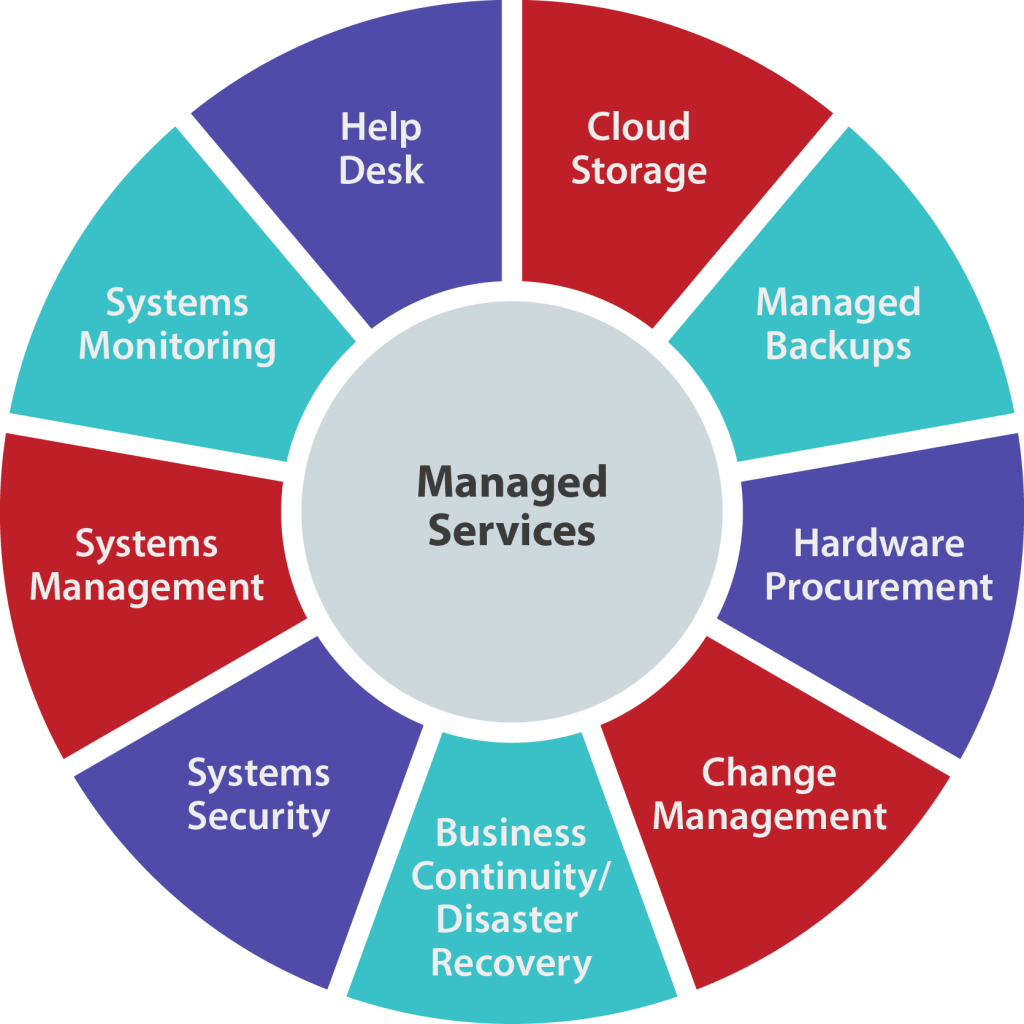Designing Enhanced Strategies: A Future of IT Management Information Technology
In today's fast-paced digital landscape, businesses are increasingly recognizing the significance of managed IT services as a key component for their success. With technology constantly develop, businesses seek partners who can offer not only support but also innovative approaches that enable them to stay ahead of the curve. The future of managed IT services is set for major change, shaped by progress in artificial intelligence, cloud computing, and automation, creating more intelligent solutions that will redefine how businesses address their IT needs.
As companies navigate through the challenges of transforming digitally, the need for dependable and forward-thinking managed IT services is increasing. Organizations are now seeking vendors that can deliver tailored strategies customized to their specific goals. This transition marks an exciting new phase where the focus is no longer on keeping up infrastructure but on utilizing tech to drive business growth and productivity. Adopting these changes will be crucial for businesses aiming to thrive in an ever more challenging marketplace.
The Evolution of Managed Services
Managed services have changed significantly since their start in the late 1990s. Initially, businesses relied strongly on in-house IT staff to manage technical issues, which often led to poor resource allocation and increased outages. As technology advanced and networks turned more sophisticated, the demand for expert IT support surged. This led to MSPs that offered a more simplified approach, delivering services from a distance and allowing companies to center on their core operations while leaving IT management to the professionals.
Over the years, the environment of managed IT services has persisted to change with advancements in cloud services, machine intelligence, and computer security. Cloud technology allowed MSPs to provide scalable solutions, allowing businesses to obtain their data and applications from anywhere with an internet connection. Furthermore, the integration of AI tools into managed services has enhanced proactive monitoring and hazard management, which lessens potential issues before they grow. These changes have positioned managed IT services as a crucial component in business tactics, helping organizations stay competitive in an ever-changing digital environment.
As we look forward, the future of managed IT services holds even more developments and greater value for businesses. As technology continues to evolve, MSPs will presumably embrace automation and machine learning to boost their offerings. This will lead to more analytics-based insights and streamlined operations, ultimately benefiting clients by boosting efficiency and cutting costs. The focus on protection will also increase, with managed services adjusting to tackle developing threats and ensure compliance with regulations. This ongoing evolution signifies that managed IT services will remain at the leading edge of technological advancement, providing better solutions for businesses in various industries.
Benefits of Outsourcing IT Management
Outsourcing IT management allows businesses to access specialized expertise and cutting-edge tech that may be expensive or difficult to develop internally. Parried managed IT offer a wealth of expertise, capabilities, and resources that can boost operational efficiency and creativity. By leveraging these services, organizations can concentrate on their core capabilities while entrusting IT complexities to the professionals.
Affordability is another significant advantage of outsourcing IT management. Instead of facing the overhead costs associated with keeping an in-house IT team, organizations can adopt a more consistent pricing model offered by managed service providers. This not only helps in financial planning and resource allocation but also allows organizations to direct resources to other important areas of the business, driving overall growth and success.
Furthermore, outsourcing IT management provides that businesses benefit from greater adaptability and flexibility. As companies grow or adapt to shifts in the environment, managed IT services can easily adjust to meet changing demands. This agility is crucial in the current fast-paced commercial environment, enabling companies to stay competitive and responsive to their clients without the stress of continuous IT adjustments and upgrades.
Emerging Technologies in IT Management

The landscape of managed IT services is rapidly transforming, driven by progress in technology and changing corporate requirements. One of the key patterns is the integration of artificial intelligence and machine learning. These tools enhance the efficiency of IT solutions by facilitating standard tasks, such as monitoring systems and troubleshooting. This allows IT professionals to concentrate on more strategic initiatives, ultimately improving service delivery and client contentment.
Another new innovation is the cloud, which remains to redefine how businesses handle their IT resources. The shift to cloud services offers flexibility and expandability, allowing organizations to adapt their IT capabilities in response to requirements. Managed IT services providers are more and more adopting hybrid cloud strategies that combine public and private clouds, allowing businesses to reduce costs while keeping security and management over critical data.
Cybersecurity remains a primary concern as the sophistication of risks evolves. Managed IT services are more often employing sophisticated cybersecurity technologies, including zero trust frameworks and instant threat data, to protect client systems. By integrating these state-of-the-art technologies into their offerings, managed IT service providers can help businesses keep pace with potential dangers and ensure strong protection of their data.